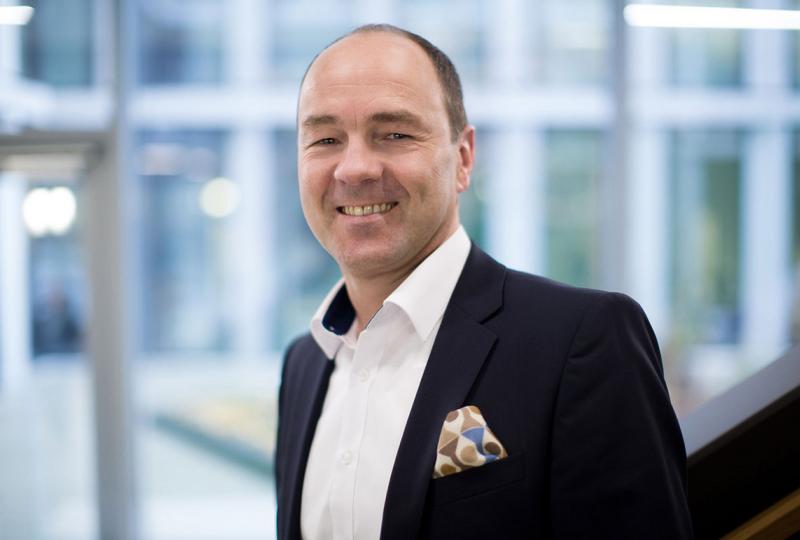
In times of growing nationalism, it is very important to strengthen partnerships

Your company was involved in so-called twinning. What exactly did that entail?
Most of all it meant an intensive exchange, getting to know each others ecosystems and learning from each other. In my opinion, this is the most important part of the program.
But besides getting to show the business ecosystem, we had the pleasure to get to know each other during various video calls. It is always exciting to see who‘s behind programs and what drives them.
The great thing about twinning is, that it is an easy way to exchange ideas and experiences. And because of that, we’re really looking forward to our visit in November.
What specific experiences did you pass on to representatives of organizations from the Pilsen region?
Since we only had two days, we wanted to give our Pilsen colleagues an insight into our network that was as comprehensive as possible. For the visit itself, we organized exchanges with regional clusters, city representatives, and of course some start-ups as best practice examples.
These exchanges included information about the organization of specialized clusters, networking activities as well as a functioning innovation ecosystem.
We were able to show them the TechBase as a building and also what it entails: thriving Start-ups and experienced corporates working together, start-up support through and with various partners, and a network that shares something crucial: Enthusiasm for innovation.
Did you learn anything new by participating in this activity?
Of course – we got new insights and impulses into organizing business networks and informal platforms in various fields such as New Materials, Biomedicine, and Technology in Healthcare and Smart Mobility.
Do you think it is important to connect the creators of the innovation ecosystem within border regions?
Nowadays more than ever. In times of growing nationalism in Europe, it is very important to strengthen partnerships and cooperation. We can learn and benefit so much from each other. As direct neighbors, the opportunities for networking between companies from Bavaria and the Czech Republic are really promising.
In your opinion, is the role of the city or region important in the development of the innovation ecosystem?
Absolutely. In our case, the city provides us with important infrastructures and networks such as the Digital Start-up Initiative Upper Palatinate (DGO) or the Mobility & Logistics Cluster. They also hired people specifically for this purpose, dealing with the topic of cross-innovation or ecosystem development.
How important is the cooperation of individual components of the innovation ecosystem within the region or city? For example joint marketing, collaboration in organizing events, communication with the university, and the like.
Cooperation is the key. We can bundle valuable resources and market the location better together. Our Regensburg Founders Guide or the StartUP Factory are perfect examples. While the first gives an important overview of Regensburg's start-up ecosystem and the people and institutions involved, the second is all about doing the actual work.
StartUP Factory is a 48h workshop, where people can work on their actual business ideas, find a team, work with experts and mentors, and have the chance to start their business.
Both formats are incredibly important and are only possible through the close cooperation of all partners.
What do you think makes the Pilsen region promising?
The Pilsen region thrives because institutions believe in it and support it accordingly. For example, the city of Pilsen participates in the "Prosperity" program, under which numerous subsidies are possible. Rent concessions, consulting services, linking of research and application areas, and so on. It is nice to see such encouragement.
On the contrary, what are you missing in Pilsen or the Pilsen Region? What would you chase or improve here?
From my point of view, it is very important and necessary to always think about one's opportunities and strengths, as well as the risks and weaknesses. This is a process that never ends and our partners in Pilsen know much more about this potential than we do. But we’re always open for discussions and learning.
If some of your friend from Germany asked you: I have an offer to go to work or study to Pilsen. Should I accept it? What would you answer him?
Just go for it! It's always good to broaden your horizons and get to know new places and ideas.
And Pilsen is a city where ideas can really flourish - as you can see from the example of business vouchers. These vouchers promote cooperation between universities and companies and include a subsidy for services provided by a research institution for the benefit of a company.
I think this is a great way to show that innovation does not always need metropolitan areas to be successful. What it needs is the right mindset and people who work accordingly. Pilsen has both!